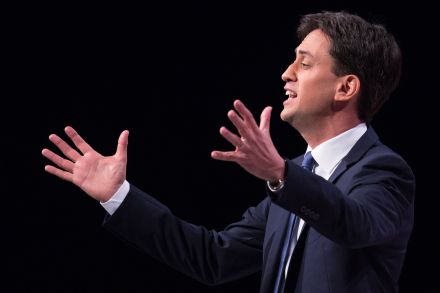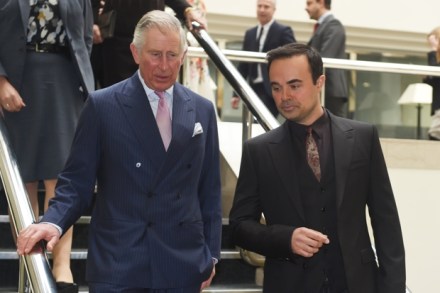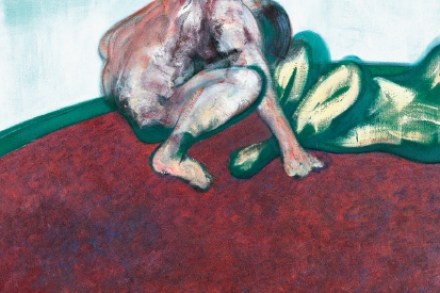Servants of the super-rich
‘Let me tell you about the very rich,’ said F. Scott Fitzgerald. ‘They are different from you and me.’ Indeed they are. They can afford to live in London. Just how different became clear when The Spear’s 500 — ‘the essential guide to the top private client advisers’ — landed at the office. (We assume Spear’s sent it by mistake. We write for love here at The Spectator, and would be insulted if the editor offered us anything so vulgar as money.) Still I was glad to read it. Spear’s paints the best portrait I have seen of a world beyond our means and comprehension. Do you have a starstruck child




















